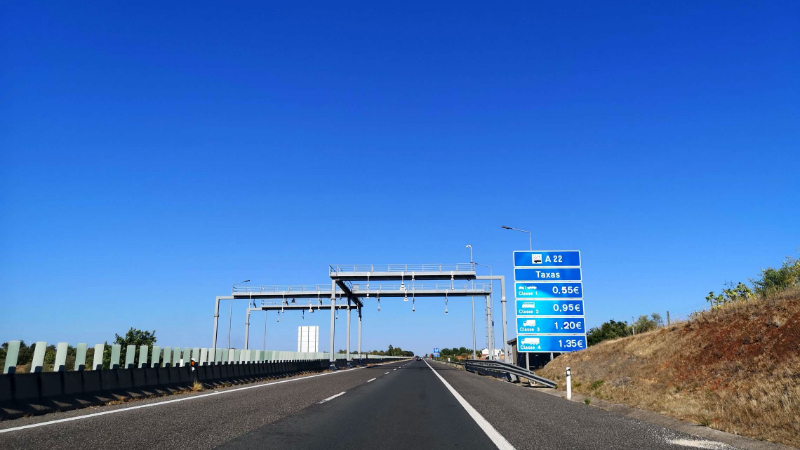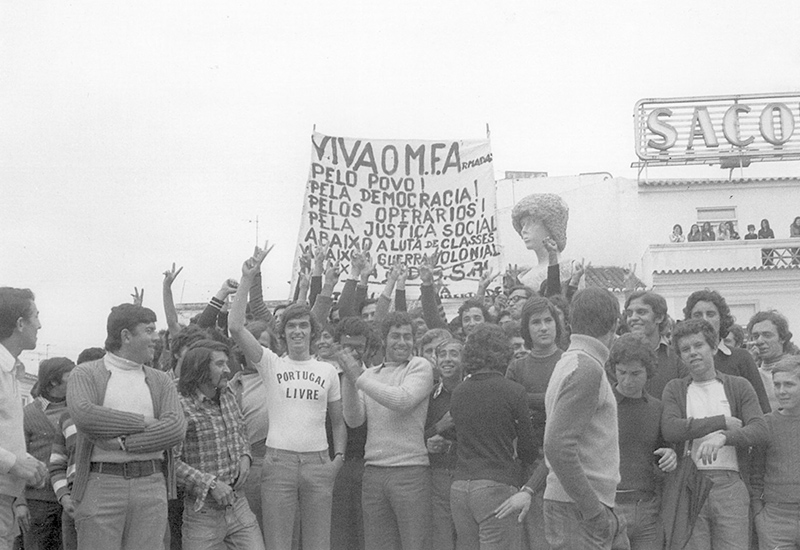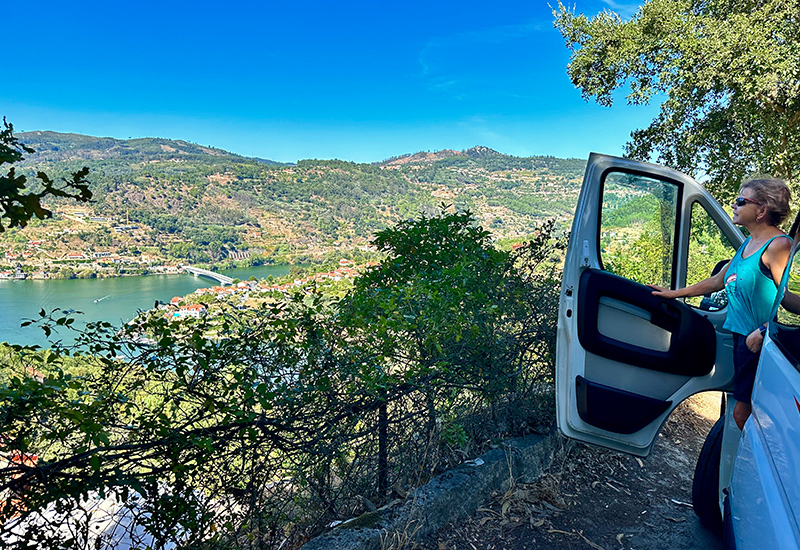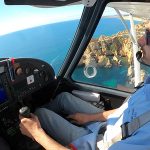By James Plaskitt
If you have used the A22 motorway recently, you will have already noticed that the tolls were cut last month. But you may not be aware of all the political machinations that lie behind this small handout to the Algarve’s motorists. It’s quite a tale.
The A22 – rather romantically known as the Via do Infante, after the 15th Century explorer Henry the Navigator – was mostly constructed between 1991 and 2003, at a cost of €1 billion, most of which came in the form of development grants from the European Union. It was built as a free-to-use motorway, to draw traffic away from the dangerous N125.
It did its job. Traffic volumes settled at around 20,000 vehicles a day, rising to 30,000 in August. Pressure on the N125 eased. Then came the financial crisis of 2008/9, which saw the government’s budget take a massive hit. As a revenue raising measure, the then PSD-led (Social Democrat) government, imposed tolls in 2011. The government also transferred the task of running the toll system to the private company managing the motorway, Cintra, itself owned by Ferrovial, a Spanish firm, on a concession negotiated to run until 2030. In the small print, the government promised to make good any shortfall between toll revenues and motorway running costs.
Things quickly became sticky. Traffic volume on the A22 slumped dramatically, falling to around 6000 vehicles a day, with toll revenues falling well short of their expected level. Traffic moved back onto the dangerous N125. And then, in 2012, the EU Commission ruled that the tolls were illegal under Union law, as a violation of free movement – the road having been grant-aided as part of an assistance programme for regional development. The Commission threatened to take the Portuguese government to the European Court of Justice unless it removed the tolls. The Spanish government also weighed in, declaring that the tolls were in breach of the 2002 Valencia Treaty, which pledged the two countries to collaborative efforts on tourism and transport.
Ever since this point the tolls have been economically problematic – it is thought that annual revenues have been running at around €25m, while government payments to the management company have been running at €40m – and politically contentious.
Opposition parties lined up to condemn the tolls and pledge their removal. The Socialist opposition leader at the time, Antonio Costa, pledged abolition, saying it was vital to get traffic back onto the motorway and off the N125, which he described as a “cemetery”. It was clocking up around 10,000 accidents a year.
Costa was Prime Minister after 2015, and expectations of toll abolition were high. Instead, in 2016, his government cut the tolls by 15%. The most likely reasons for stepping back from full abolition were, firstly, the hit to government revenues, and secondly, the high penalty costs of re-setting the contract with Ferrovial.
The parties now in opposition took up the campaign for abolition, accusing the Socialists of breaking their promise. Over the last five years, Parliament has seen numerous debates on motions to abolish the tolls – none of which succeeded in commanding a majority. The tolls also crept back up with inflation adjustments.
Until 2021 – when all opposition parties voting together managed to force an amendment through on the state budget resolution committing the government to toll abolition. Initially, the government said it would resist, and refer the decision to the Supreme Court, declaring it was unconstitutional. However, that bravado was not converted into action, and the government finally gave way, offering not abolition, but a large toll reduction from 1 July 2021, of up to 50%.
The government also pledged a 75% toll reduction for electric vehicles, but that has not been implemented, due to ‘technical reasons.’
So the contentious tolls are set to continue and we can expect the political argument to rumble on, no doubt featuring in this autumn’s local election campaigns. Meanwhile, possibly exhausted with the political wrangling, Ferrovial has offloaded its share of Cintra to a consortium, DIF Capital.
Henry the Navigator actually did less exploring than his name implies. He was more the orchestrator of exploration, commissioning others to cross the dangerous seas and bring back the bounty from foreign lands. All he did was impose a 20% toll on their profits. It is indeed his motorway.
James Plaskitt is a retired politician who was a member of the British Parliament from 1997 until 2010. He now lives in the Algarve.














